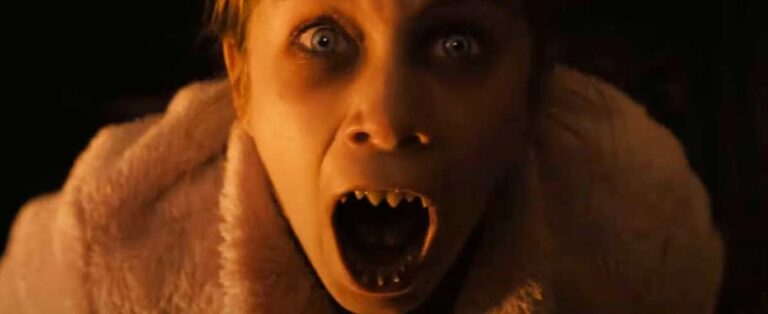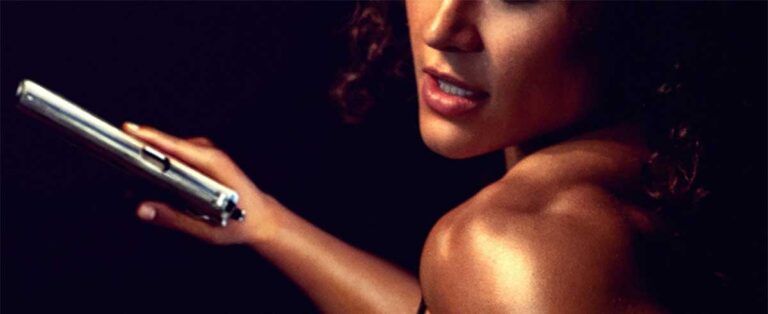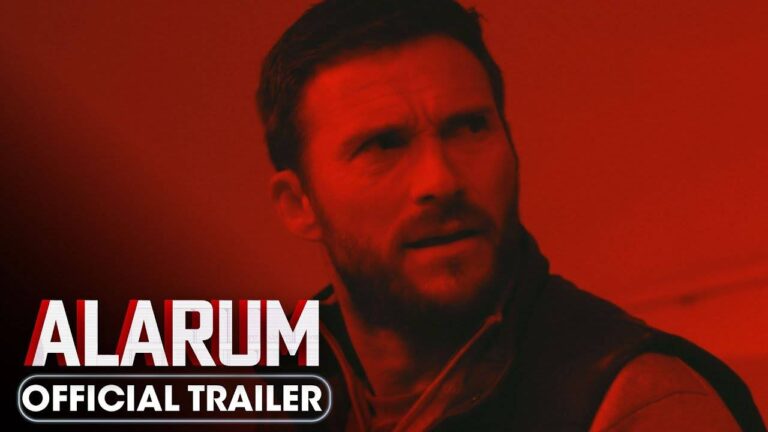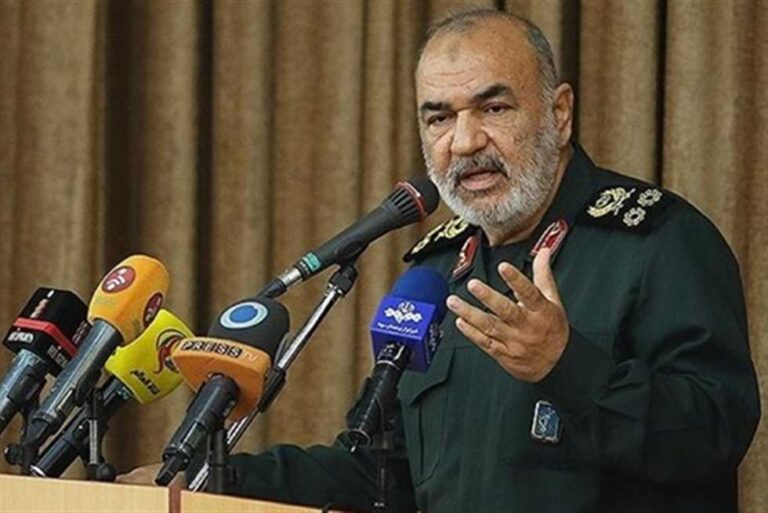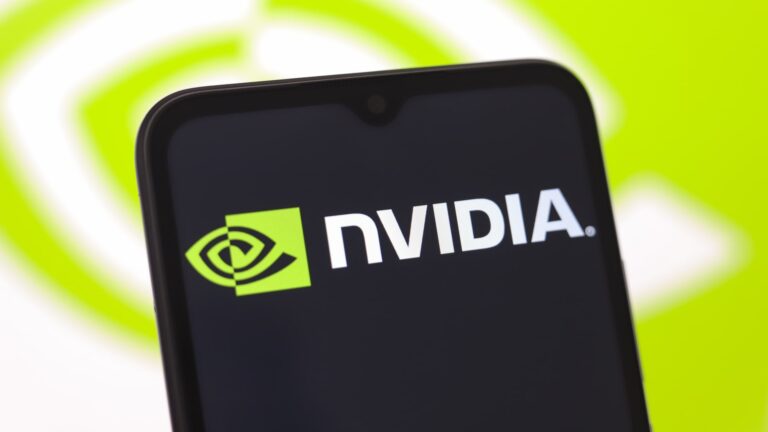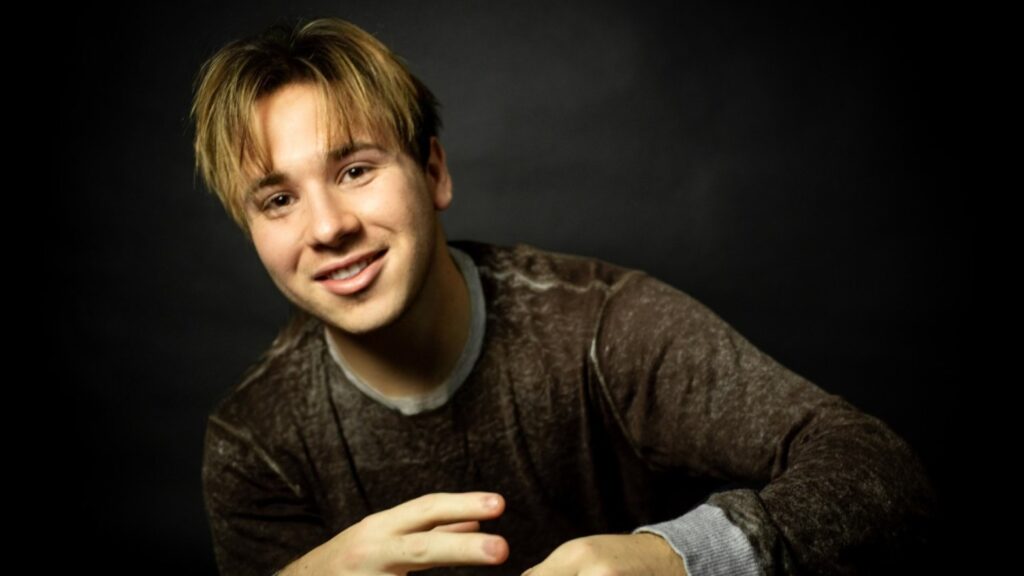
“I think we all know who I’m referring to, but I’ve been told not to be the one to name-drop,” Noah Caplan says.
Thank you for reading this post, don't forget to subscribe!The 20-year-old (already perfectly media-trained) is talking about Andrew Tate, the epitome of what we’ve all come to know as an overused but increasingly pertinent phrase: toxic masculinity. The self-described misogynist and TikTok star is currently awaiting trial in Romania on charges of rape and human trafficking, and his grasp on young men has left an older generation fearful — only last year, a U.K. survey found one in four boys aged 13-15 had a positive view of Tate, who was once banned on then-Twitter for saying women should “bear responsibility” for being sexually assaulted.
It’s this issue that Caplan has dedicated his early career to. The young director tells The Hollywood Reporter he wants to make important films for his peers at a time when no one else is. “How do you expect to relate to a Gen Z audience and tell their story when you refuse to use any Gen Z filmmakers?” he asks.
At just 15, Caplan, from Essex, England, wrote his first short film, Stepping Stone. Growing up, his family weren’t cinephiles. With his father a kitchen salesman, his mother a beauty therapist and zero industry contacts, Caplan could be described as the opposite of a “nepo baby.” Still, he found ways to indulge his passion and at seven years old wrote a superhero script for a child James Bond named Daniel Brand. He was always drawn to the art of storytelling: “I always wanted to tell stories. I just wasn’t ever sure how to.”
Caplan’s life was turned upside down when his younger sister, only nine at the time, fell 30 feet head-first and suffered extensive traumatic injuries. She has miraculously made a full recovery, but this experience made him reassess the kind of movies he wanted to make. “I remodeled,” he says. “I was like, ‘No, I want to make films that have some level of social impact and give back.’”
After raising around £10,000 ($12,800), Stepping Stone premiered on U.K. streaming service ITVX when Caplan was just 17. It’s a suicide awareness project following a young counselor (Cush Berlyn) who opens his office door to four new clients and attempts to steer them in the direction of receiving the treatment they’re in need desperate need of. One of those clients was played by Rivals star and British soap legend Danny Dyer. But how on earth did the teen get in contact with Dyer, let alone persuade him to take the part?
“It was an unorthodox approach,” Caplan begins. “I actually went through his Instagram following and messaged everyone that he followed. And 95 percent of people didn’t respond — a few people did, saying, ‘This is highly inappropriate, leave me alone.’”
“But one person got back to me and said, ‘I don’t really know Danny, but I go to yoga with his wife and if you send me something, I can pass it on to him.’ So I wrote him a little letter with my pitch and sent over the script. She said, ‘If you don’t hear back from me in six weeks time, just forget about it.’” Four days later, after school, Caplan gets a call from an unknown number. “‘Noah, it’s Danny Dyer,’” the voice said. “‘I’m in. I love the idea,’” the teen recalls (imitating an impeccably gruff, east London accent that could only belong to Dyer.) “And that’s what every young filmmaker dreams of.”

Noah Caplan and Danny Dyer on the set of Stepping Stone.
“He is the best,” Caplan says of working with Dyer. “He is the most generous, the kindest on set. We were on set for 15 minutes, and then we had to change his slate and he went missing. I was like, ‘I’ve blown it. He’s walked off my set. I’m a terrible director.’ We’re trying to find him, and we go outside and he’s just having a cigarette with the runners, my friends, who just wanted to come to set to see him. He is the coolest dude and I’m so glad he’s getting the praise he deserves for Rivals.”
Now, Caplan is finalizing his first feature film (in which a part is explicitly written for Dyer) called Impressionable. Set to start shooting in the U.K. next summer, the film arose from a place in Caplan’s life where “the pressures of manhood” loomed.
“This was at a time where there was an influx of these hyper-masculine influencers, macho men with podcasts was at an all time high,” Caplan says. “And I could see, even amongst my own peers, how impressionable our generation of men are… I had a strained relationships with male figures in my own life who struggled with addiction, mental health [issues]. I ended up finding so many great role models out there, whether it’s Terry Crews doing great work for male victims of sexual assault, Justin Baldoni and the Man Enough podcast, Harry Styles hitting home that message of spreading kindness and love. Even Ryan Gosling, in the year of Barbie. I just wanted to make this film about what it means to be a man from the perspective of a teenager in a vulnerable position.”
Thus, Impressionable was born. It’s about a teenage boy who, while neglected by the men in his own life, creates a parasocial relationship with a hyper-masculine celebrity. The figure shows him what it means to be the perfect man until tragedy strikes and forces him to rethink his ideologies. “I think the most important thing for the industry to do is to present these young, impressionable boys with better role models,” Caplan adds.
Cast details are tightly under-wraps. “What I will say is, the way we’re casting this film is a way that the British public and especially my generation is going to really take to,” Caplan says. “Because what we’re doing is attaching actors who [the public] may already have a preconceived perception of, in terms of their masculinity. That creates a really interesting dynamic.”
The young director fled to a remote lighthouse in Wales to write the script for Impressionable, with British-Filipino musician and Eras Tour opener Beabadoobee on repeat (he found the singer’s whimsical, “coming-of-age” energy inspiring). With a script finalized, Caplan onboarded producer Laurie Mahon (Guardians of the Galaxy, Black Mirror), cinematographer Simon Stolland, and executive producers Finn Bruce (Sumotherhood) and Lionel Hicks to push forward and lock down financing.

Caplan says his technical knowledge has predominantly come from YouTube.
With no film degree and no formal technical training, it’s hard not to wonder: how fast has Caplan had to catch up? “My film school was YouTube,” he admits. “Reading a bunch of film books, although I much prefer YouTube with my attention span. I’ve been blessed to have met some really cool people along the way who helped me.”
Ultimately, Caplan wants to show the industry what a leap of faith in young filmmakers could mean. “Gen Z wants to go to the cinema,” he says. “But the industry doesn’t want to use new filmmakers. Cord Jefferson said in his [2024] Oscars speech: ‘The next Martin Scorsese is out there.’ Stop taking risks on $100 million movies and start making these $2 million, $4 million [movies]. Take risks on original filmmakers, otherwise you’re not going to get the stories that connects with that audience.”
Caplan’s drive is staggering. He’s not slowing down any time soon, if only for the sake of his fellow 20-year-olds: “Young filmmakers are crying out to be heard. This Gen Z audience wants a film like this, and that’s what’s motivating me.”
2024-12-10 19:31:18


